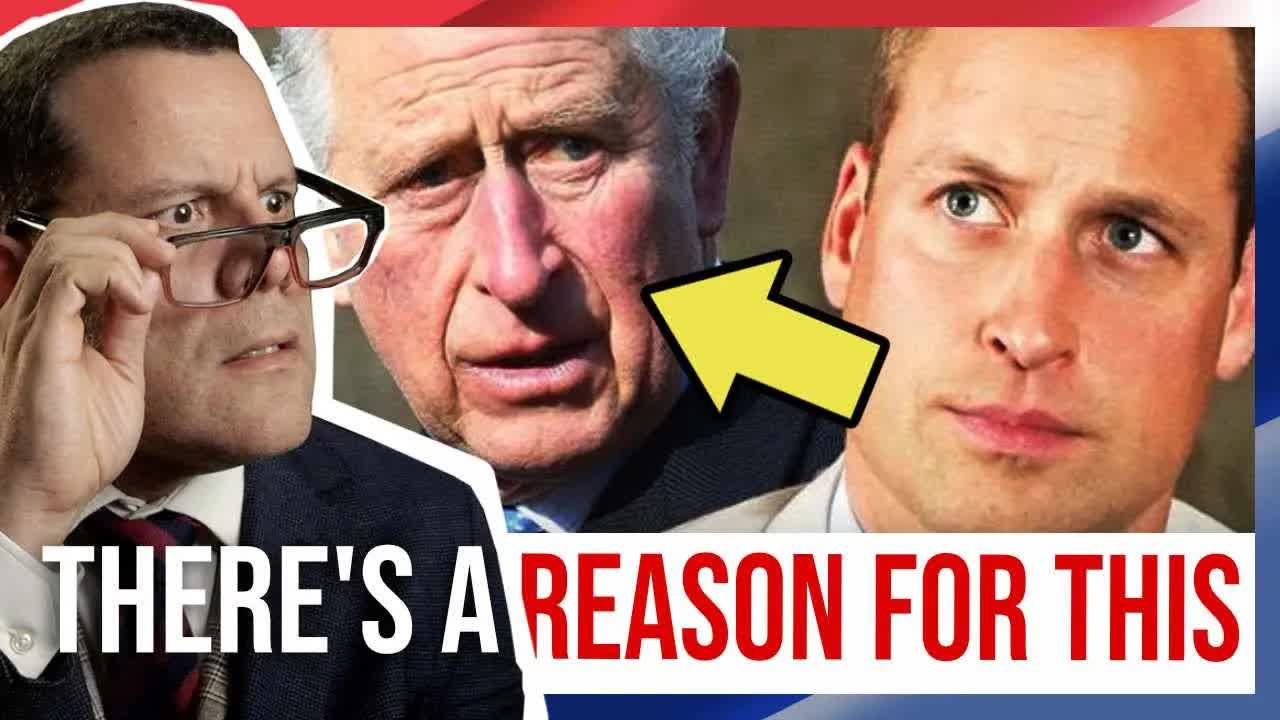In recent times, the British royal family has found itself at the center of a political whirlwind, prompting discussions about their role in the ever-evolving landscape of UK politics.
As I delve into this topic, I reflect on the contrasting expectations placed upon the monarchy and the reality of their political engagement—or lack thereof.
Public sentiment appears to be split; while some demand action from figures like King Charles III and Prince William, the royals are bound by a tradition of neutrality that complicates their every move.
The concept of political neutrality for the monarchy isn’t just a guideline; it’s an unspoken agreement woven into the fabric of British governance.
This neutrality is upheld by constitutional conventions, which dictate that the monarch should refrain from expressing political opinions.
These conventions have been in place for centuries and serve as a stabilizing force for the monarchy, ensuring it remains above the fray of political disputes.
While there are some legal frameworks, such as the Bill of Rights from 1689 and the Act of Settlement from 1701, that outline the limits of royal power, the expectation of political neutrality largely stems from tradition rather than written law.
The government, particularly the Prime Minister, is tasked with addressing political matters, leaving the royals to maintain a distance from such affairs.
Interestingly, when the monarchy does choose to speak publicly, it’s rarely a spontaneous decision.
The monarch typically consults with the Prime Minister beforehand to avoid any potential backlash or political controversy.
This careful choreography highlights the delicate balance they must maintain—engaging with the public without appearing to take sides on contentious issues.
Media scrutiny plays a significant role in shaping public perception of the royals.
The British press is always on the lookout for any slip-ups that might suggest political bias.
A seemingly innocuous statement or expression could lead to widespread speculation and debate, making the royals tread cautiously in their public engagements.
Queen Elizabeth II, who reigned for an impressive 70 years, navigated this landscape with remarkable finesse.
She managed to remain politically neutral while overseeing numerous prime ministers and significant national events.
A notable moment came in 1975 during a political crisis in Australia, where many believed she should intervene.
Instead, she chose to let the situation unfold without her involvement, embodying the principle of royal detachment.
However, not all members of the royal family have adhered to this tradition as strictly as the late queen.
King Charles III, previously known as Prince Charles, has long been vocal about issues close to his heart, including environmental concerns and architecture.
His candidness has raised eyebrows, particularly when his private correspondence with government officials—dubbed the “Black Spider Memos”—was made public, leading to questions about the appropriateness of his influence.
With Brexit stirring the pot of national debate, the royals faced heightened scrutiny regarding their stance.
While Queen Elizabeth’s speech at the Women’s Institute in 2019 was interpreted by some as a subtle nod to the divisive issue, the palace quickly clarified that it wasn’t intended to comment on politics.
This incident illustrates the fine line they walk between engaging with pressing societal issues and maintaining their political distance.
The younger generation of royals, including the Duke and Duchess of Sussex, have adopted a more outspoken approach regarding social issues like racial equality.
However, their departure from royal duties—often referred to as “Mexit”—has left them with diminished influence compared to traditional royals.
Now, with King Charles on the throne, the question arises: will he continue to champion causes he cares about, or will he revert to the silent approach of his mother?
Royal meetings with the Prime Minister also play a crucial role in this dynamic.
These weekly discussions, which have been a staple of the monarchy for decades, are meant to provide support without crossing the line into political advocacy.
Moreover, the royals must remain cognizant of their status as heads of state in other nations, further complicating their political neutrality.
Even minor gestures can spark controversy.
For instance, during the 2014 State Opening of Parliament, the Queen’s demeanor was scrutinized as she read government plans, including a referendum on EU membership.
Such moments illustrate how easily perceptions can shift, turning even a facial expression into fodder for political interpretation.
As the monarchy continues to adapt to modern expectations, Prince William appears to be following a cautious path, striving to keep the royal family relevant while avoiding controversy.
Balancing the need for engagement with the necessity of neutrality is no easy feat, especially in a time when public figures are often expected to voice their opinions on pressing issues.
The question remains: can the royal family sustain this delicate balance in an increasingly polarized society?
While their historical avoidance of political entanglement has served them well, the rapid pace of change and the rise of social media demand a reevaluation of their approach.
Ultimately, the future of the monarchy may hinge on its ability to navigate this complex landscape while maintaining the trust and respect of the British public.

